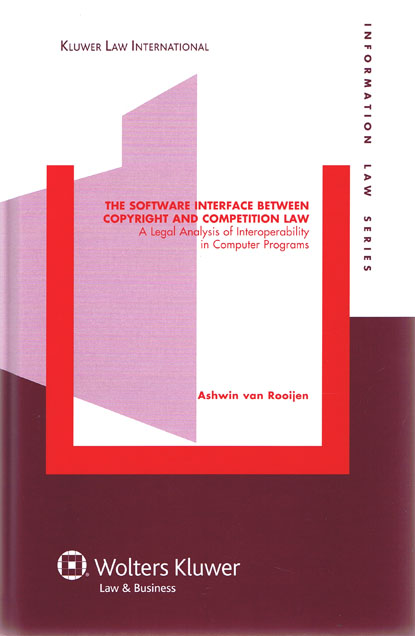
The success of computer programs often depends on their ability to interoperate – or communicate – with other systems. In proprietary software development, however, the need to protect access to source code, including the interface information necessary for interoperability, is of vital importance.
This apparent conflict gives rise to a complex interaction between copyright law and competition law, as the strong need for interoperability in computer programs affects both innovation and competition.
This important book offers the first in-depth analysis of the current respective copyright and competition law approaches to interoperability. With respect to copyright law, the book offers an in-depth analysis of how copyright law has been applied to computer programs, how this form of protection affects interoperability, and how the European Software Directive – including its interpretation by courts in Member States – aims to facilitate interoperability. With respect to competition law, the author critically analyzes the application of Article 102 of the TFEU to refusals to supply interface information, including a discussion on the tension between copyright and competition law.
The author also examines the substantial body of U.S. case law and accompanying literature on the interplay between copyright law, software and interoperability. Based further on a comparison with relevant ex-ante interconnection rules in European design protection law and telecommunications law, the author advances several recommendations aimed at facilitating interoperability in software copyright law. Three interrelated approaches combine to convey an integrated and immediately accessible understanding of the subject:-